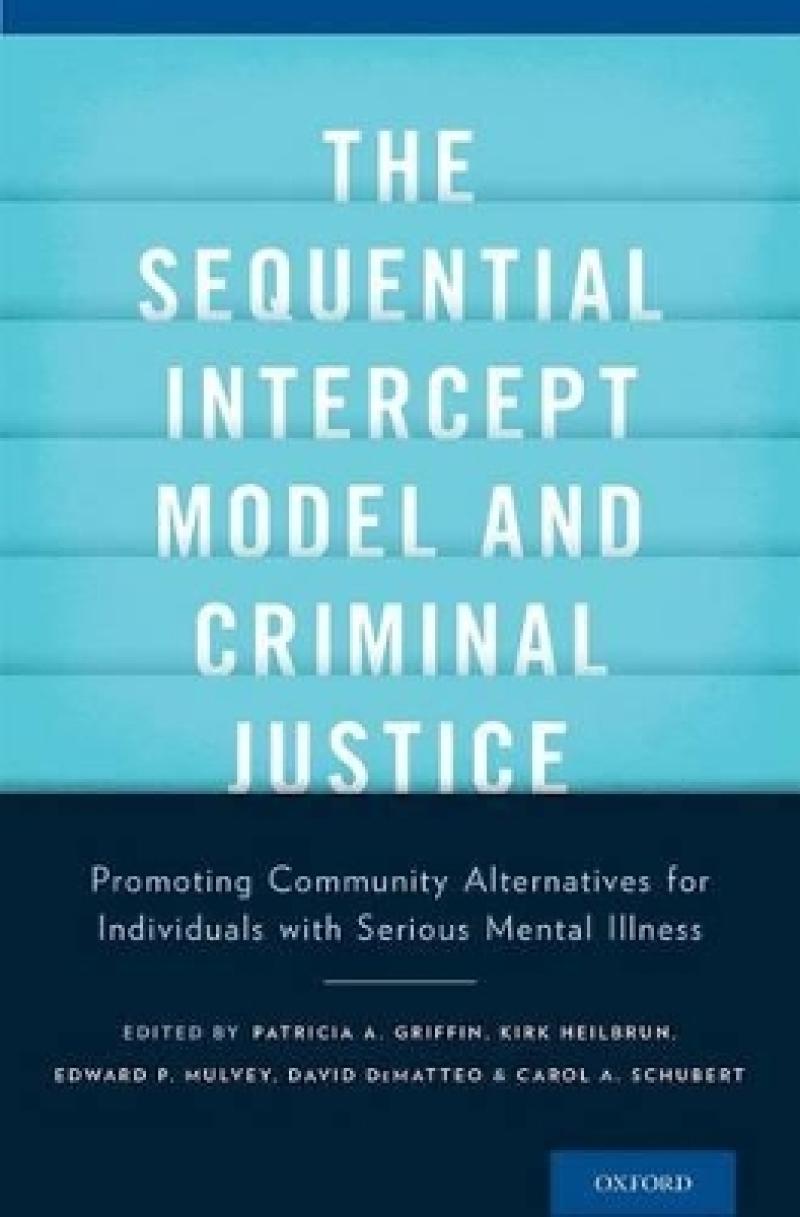In The Sequential Intercept Model and Criminal Justice, Patricia Griffin and her co-editors have somehow managed to get a Who's Who of contributors to flesh out the nuanced implications of this generation's most important conceptual contribution to community-based services for justice-involved people with mental illness. The book seamlessly weaves together up-to-the-minute academic research and down-to-earth clinical practice. It provides nothing less than a pellucid roadmap for transforming the highly contested terrain where the criminal justice and mental health systems meet and often clash.
John Monahan, Ph.D., John S. Shannon Distinguished Professor of Law, and Professor of Psychology, Psychiatry, and Neurobehavioral Sciences, University of Virginia
There is widespread agreement among police and mental health agencies that the criminal justice system is a less-than-ideal way to serve the needs of people with serious mental illness and their communities. Instead of hand-wringing over the 'criminalization of mental illness,' Patricia Griffin and her colleagues have provided communities with a practical strategy for doing something about it. The Sequential Intercept Model is proving itself to be the very best kind of public policy, simultaneously appealing to public safety, cost-effectiveness, and more humane treatment for people with serious mental illness. Thanks to a stellar roster of editors and chapter authors, we now have a practical guide to providing better, more humane treatment at much lower cost.
Joel A. Dvoskin, PhD, ABPP, Assistant Professor of Psychiatry, University of Arizona College of Medicine, and Chair, Nevada Governor's Advisory Council on Behavioral Health and Wellness
